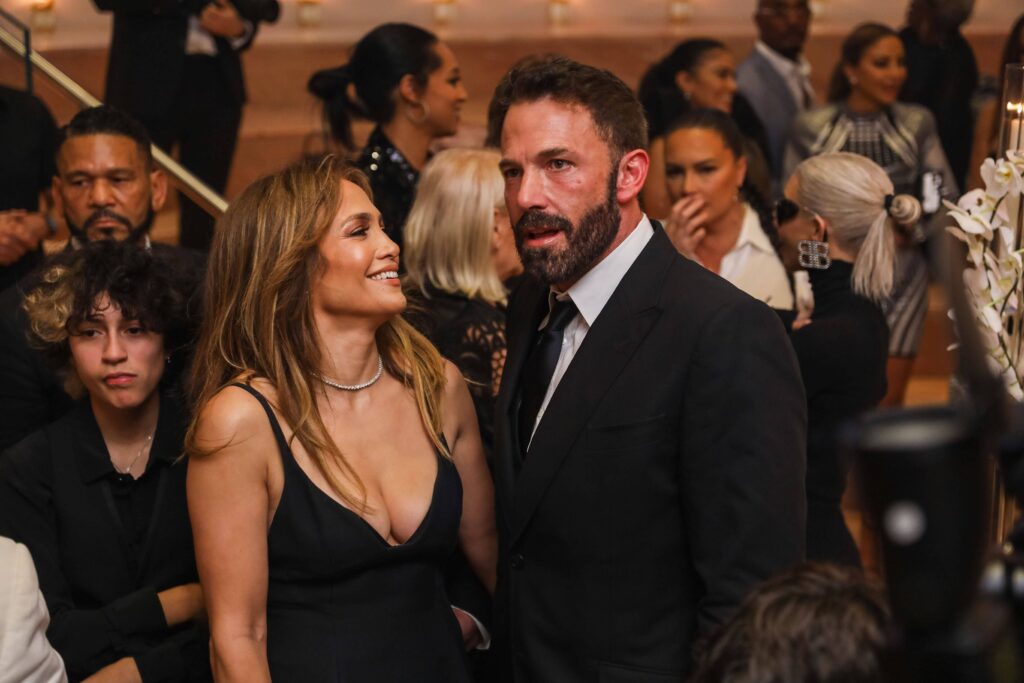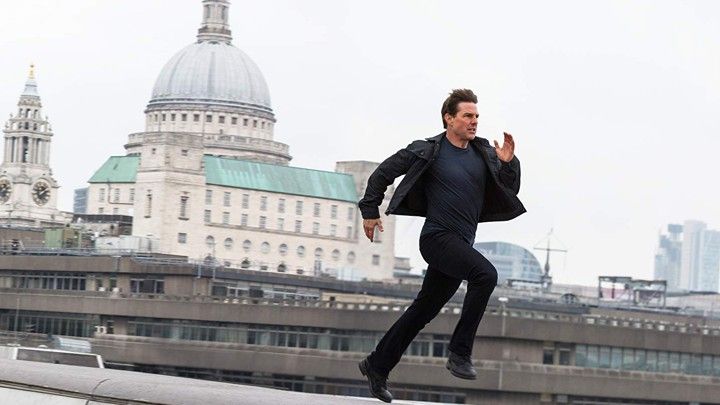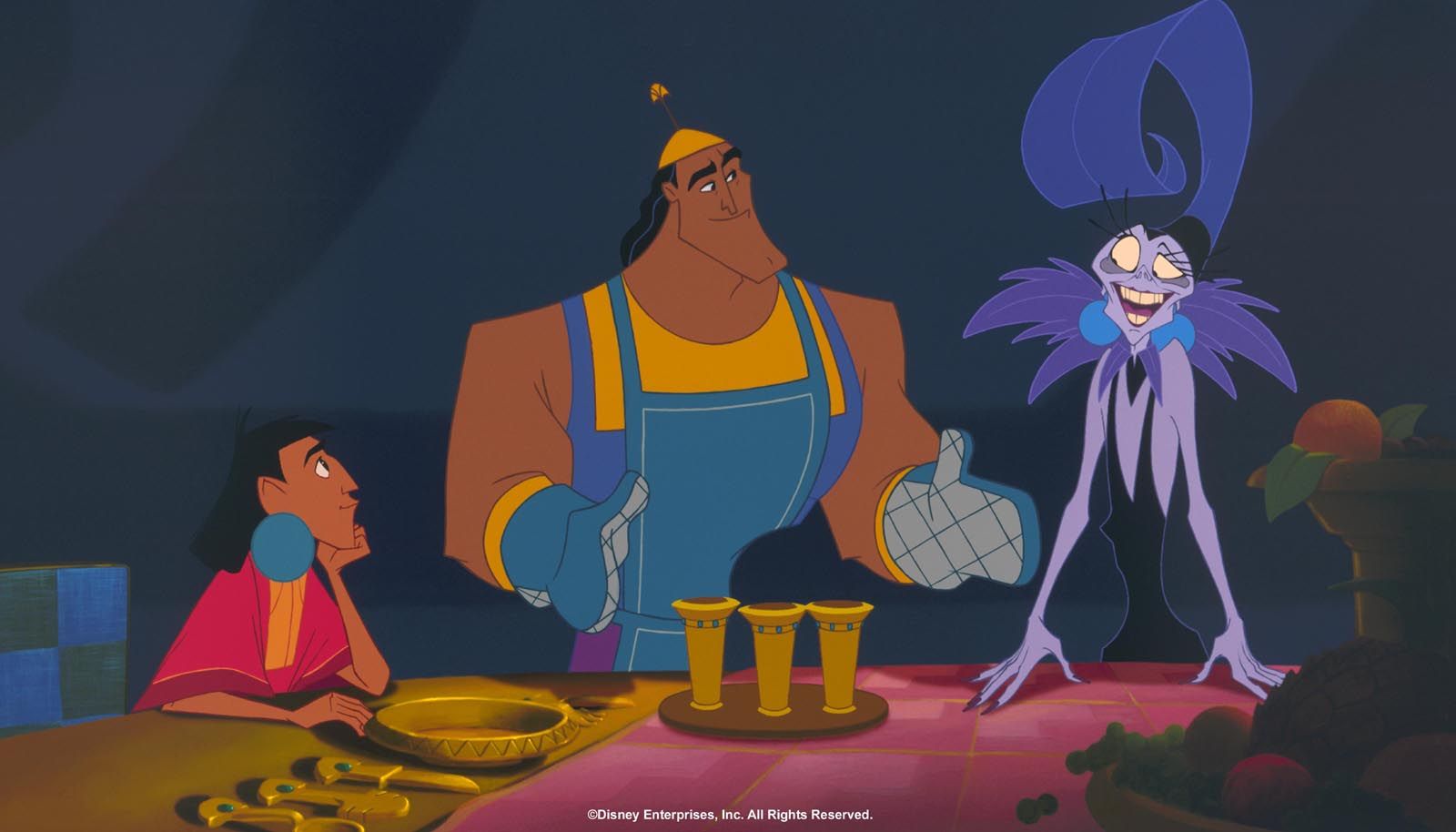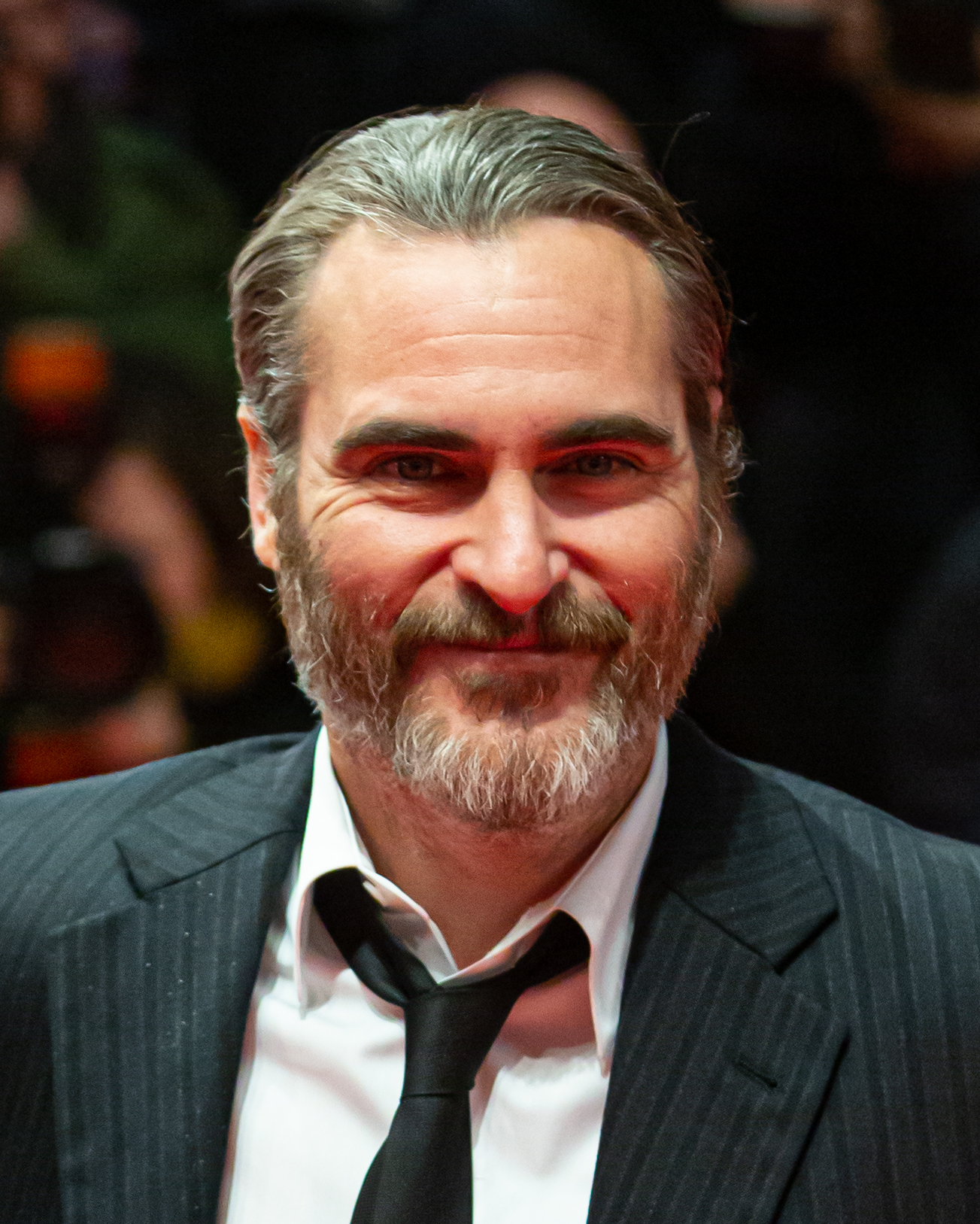
There’s a unique magic that happens when an actor doesn’t just play a role, but truly becomes another person — especially when that person actually lived. From the moment George Arliss scored a statuette for his turn as British Prime Minister Benjamin Disraeli in the 1929 biopic ‘Disraeli,’ the Academy has been utterly captivated by how well performers can embody historical or cultural figures.
It’s more than just an impression; it’s a deep dive into the soul of another. These are the performances that transcend the screen, blurring the lines between the actor and the real person, making us feel as if we’d known them for years. Whether it’s an uncanny imitation or a complete stem-to-stern reinvention, the movies have a remarkable way of converting life stories into art, and these actors delivered some of the most powerful examples.
We’re about to journey through some of the most compelling, Oscar-winning portrayals where stars didn’t just play a part, but seemed to channel the very essence of the individuals they depicted. These are the moments when the role was truly the actor, leading to cinematic gold and unforgettable screen presences. So, let’s dive into the first half of these incredible transformations, highlighting the depth, the challenges, and the sheer brilliance behind bringing real lives to vivid cinematic existence.
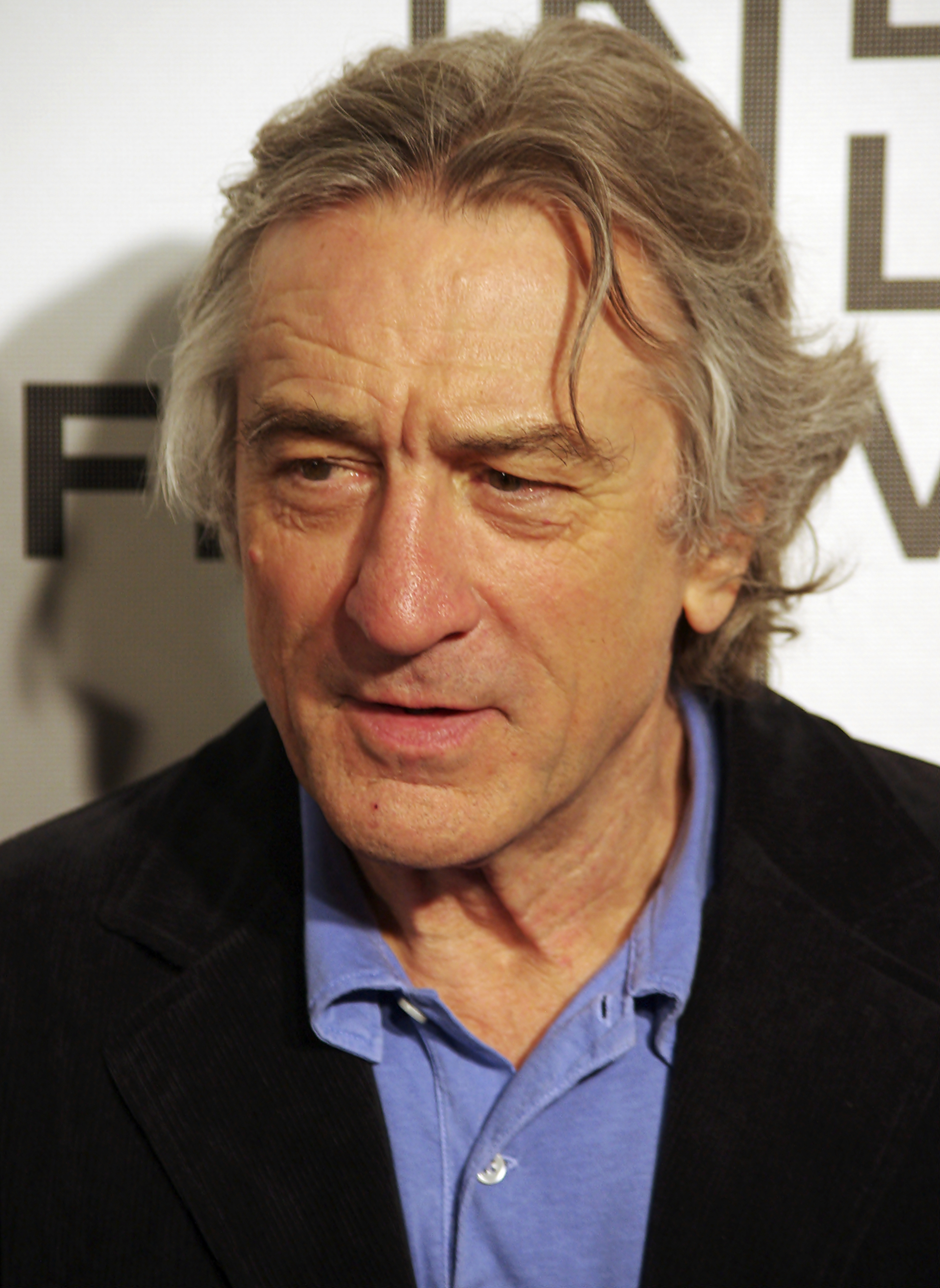
1. **Robert De Niro as Jake LaMotta, ‘Raging Bull’ (1980)**Forget for a moment the sheer physical effort that Robert De Niro put into playing former middleweight champion Jake LaMotta at both his trim fighting weight and in his bloated later years. While that transformation alone was astonishing, it was truly just the surface of his Oscar-winning performance. What’s even more impressive is how deeply the actor committed to the boxer’s interior, revealing a man utterly besieged by his own inner turmoil.
De Niro’s portrayal shows LaMotta looking dead-eyed, driven, and perpetually a little peevish. He crafted an impression of a man so beset by his own demons that he simply couldn’t enjoy his own success, constantly battling unseen forces within himself and those around him. It was a raw, visceral look at a life consumed by self-destruction and passion.
Critics at the time noted more than a little similarity between the character’s internal struggles and those of director Martin Scorsese, who had just gone through some dark times of his own. This synergy resulted in a perfect fusion: a complicated real-life athlete, a star with the guts to play him without excessive vanity, and a filmmaker adept at funneling his own pain through someone else’s biography. The outcome was a masterpiece of raw human emotion, a true knockout performance.
2. **Ben Kingsley as Mohandas Karamchand Gandhi, ‘Gandhi’ (1982)**It’s a powerful testament to how utterly convincing Ben Kingsley’s portrayal of the Indian activist Mohandas Karamchand Gandhi was that it took about a decade for the actor to truly shake off the public’s perception of him as the Mahatma. Even after taking on a very different role as mob boss Meyer Lansky in 1991’s ‘Bugsy,’ the image of Kingsley as Gandhi remained incredibly potent, etched into the minds of audiences worldwide.
In Richard Attenborough’s long-gestating labor of love, Kingsley meticulously charted the arc of the civil-disobedience champion. We see Gandhi evolve from his earlier days as an idealistic attorney in South Africa, navigating racial injustice, to his eventual emergence as a political power-broker on the global stage. This comprehensive depiction showcased the full scope of Gandhi’s monumental journey and influence.
If the film ‘Gandhi’ succeeded in capturing how its subject’s calm persona was both profoundly inspiring and, at times, deeply enraging to the international community, it was largely due to Kingsley’s performance. He delivered a constant calm amidst the turbulent colonial storm, a quiet strength that resonated with millions. His embodiment was so complete, it felt less like acting and more like a profound spiritual channeling, earning him a richly deserved Oscar.

3. **Haing S. Ngor as Dith Pran, ‘The Killing Fields’ (1984)**In the awards campaign for this harrowing war story, Haing S. Ngor’s performance as Cambodian journalist Dith Pran was initially presented as a “supporting” role to Sam Waterston’s portrayal of New York Times correspondent Sydney Schanberg. However, anyone who has seen the film knows that Ngor’s presence is far from secondary; he is not only in the film as much as the nominal lead, but the entire second half essentially pivots and focuses on how his character survived the Khmer Rouge’s brutal work-camps.
What adds an almost unfathomable layer of depth and pathos to Ngor’s portrayal is the fact that the actor himself had endured an almost identical experience in real life. He had worked as a surgeon in Phnom Penh before Pol Pot rose to power, navigating the same terrifying landscape of survival and loss. This personal history infused his performance with an authenticity that was palpable, a lived-in truth that no amount of acting could fully replicate.
His role became a powerful conduit for the suffering and resilience of an entire nation. Ngor’s firsthand understanding of life under a despot’s rule allowed him to convey the terror, the hope, and the sheer will to survive with an intensity that moved audiences deeply. It was a performance born of stark reality, making his Oscar win not just for acting, but for bearing witness with profound truth.

4. **Jeremy Irons as Claus von Bülow, ‘Reversal of Fortune’ (1990)**Jeremy Irons has a distinct knack for playing characters who are subtly devious, but his portrayal of Claus von Bülow in ‘Reversal of Fortune’ takes this to another level. The very nature of Bülow’s guilt remains a contested mystery decades later, as he was initially found guilty of attempted murder but later acquitted, leaving no clear answer to his true culpability. This ambiguity is precisely what Irons so masterfully exploits in his Oscar-winning performance.
Irons’ portrayal keeps the audience guessing from start to finish. He embodies Bülow with an intriguing blend of charm and sophistication, yet simultaneously projects an undeniable coldness and calculating nature. He keeps everything internalized, making it incredibly difficult for viewers to get a definitive read on him, creating a constant tension throughout the narrative. You are left perpetually wondering about his true intentions and his hidden depths.
The film itself, as the context notes, is less a stock true-crime yarn and more an inventive spin on classic noir, with both Claus and his comatose wife Sunny (Glenn Close) narrating a story about the self-image of the obscenely wealthy. Irons is unequivocally the one who carries the movie, treating an appalling family tragedy as an opportunity to play the charming raconteur, all while maintaining an enigmatic facade that is both captivating and unsettling. His performance brilliantly reflects the lingering question: Is he an innocent man who merely seems guilty, or a guilty man with an incredibly convincing legal team?

5. **Joe Pesci as Tommy DeSimone, ‘Good Fellas’ (1990)**Joe Pesci’s take on gangster “Two-Gun” Tommy DeSimone, renamed “Tommy DeVito” in Martin Scorsese’s iconic ‘Good Fellas,’ is arguably the gangster film classic’s absolute wild card. This isn’t just acting; it’s an explosion of unpredictable, terrifying energy that keeps audiences on the edge of their seats. Pesci’s performance captures the essence of a hair-trigger psychopath with chilling accuracy, earning him an Oscar for Best Supporting Actor.
While reenacting some of the vicious murders that former mobster Henry Hill described to writer Nicholas Pileggi for the movie’s source material, Pesci is the embodiment of pure, unadulterated menace. One second he’s laughing jovially, seemingly harmless, and the next he’s shooting, stabbing, or smacking somebody to death with shocking brutality. This rapid, disorienting shift between charm and extreme violence is what makes his character so unforgettable and truly terrifying.
There’s a scary specificity to how Pesci animates the kind of guy who could so callously kill another person and then only worry about whether the mess is going to ruin his suit. His Tommy DeVito is a force of nature, a character defined by impulsive cruelty and a complete lack of remorse. And, as the movie famously warns, whatever you do, do not tell him he’s funny – unless you want to witness that hair-trigger temper firsthand. It’s a performance that brilliantly explores the psyche of an utterly dangerous individual.
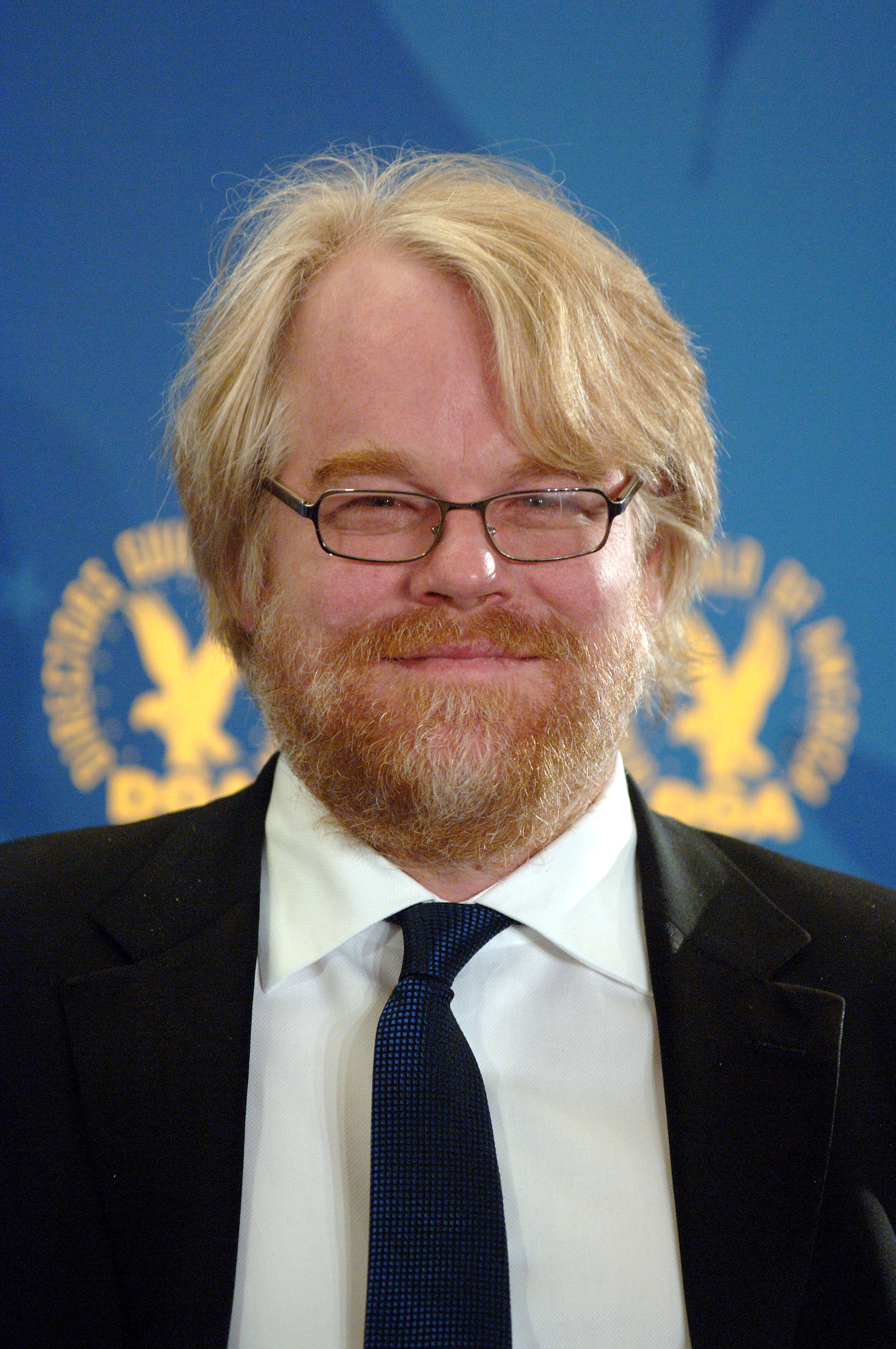
6. **Philip Seymour Hoffman as Truman Capote, ‘Capote’ (2005)**Truman Capote is undoubtedly one of the hardest figures to portray on screen. His unusual persona, distinctive voice, and unique mannerisms could easily have veered into caricature, becoming something out of an “SNL” sketch with the wrong actor. Thankfully, the part went to the immensely talented Philip Seymour Hoffman, who, in an Oscar-winning turn, managed to erase all traces of himself to profoundly become the ‘In Cold Blood’ author.
Even for a performer of Hoffman’s caliber, embodying Capote presented a significant challenge. Hoffman himself stated in one interview that he wasn’t “good with accents,” which is a crucial detail given Capote’s highly recognizable vocal patterns. To overcome this, he dedicated one to two hours daily working on the voice, meticulously perfecting the nuances, as well as mastering Capote’s distinctive body language. His commitment was absolute.
Instead of merely trying to sound exactly like Capote, Hoffman strategically strived to find a voice that expressed his “vitality and the nuances” of the man. This dedication resulted in a performance that speaks volumes about Capote’s undeniable genius, his profound insecurities, and his complex, often self-destructive, flaws. Hoffman’s embodiment was a masterclass in subtlety and deep character study, truly bringing Capote’s intricate personality to life on screen.

7. **Daniel Day-Lewis as Abraham Lincoln, ‘Lincoln’ (2012)**Daniel Day-Lewis had already won his first of three Oscars for playing disabled Irish poet Christy Brown in ‘My Left Foot,’ a role that involved intense physical and vocal contortions. However, even that remarkable feat wasn’t nearly as astonishing as what the actor achieved in Steven Spielberg’s poignant portrait of a POTUS, Abraham Lincoln, earning him his third Best Actor Oscar.
Eschewing nearly all the “great man”-isms usually associated with such monumental historical projects, Day-Lewis presented Lincoln not as a distant, towering icon, but as a down-to-earth, deeply humane individual. His Lincoln was a man who cracked jokes, subtly needled his opponents in political debates, and even wrapped himself in a little blanket whenever he felt a chill, revealing an unexpected vulnerability and relatability. It was a portrayal that demystified the legend without diminishing his greatness.
Day-Lewis meticulously crafted a President who doesn’t just inspire awe through his historical significance but also genuine love through his approachable humanity. He brought forth the intellect, the weariness, and the profound moral compass of a man grappling with the immense pressures of leading a divided nation. This was a Lincoln that audiences could connect with on a deeply personal level, a testament to Day-Lewis’s unparalleled dedication to character and his ability to find the profound humanity in legendary figures.
Stepping beyond the initial seven, our journey into cinematic alchemy continues, spotlighting more incredible instances where actors vanished into the very essence of real-life figures. These performances not only captivated audiences but also etched themselves into the annals of film history, often earning the highest accolades. From scientific geniuses battling personal demons to political pioneers and musical legends, these stars didn’t just play a part; they became conduits for extraordinary lives, bringing depth and nuance to struggles both public and intensely private.
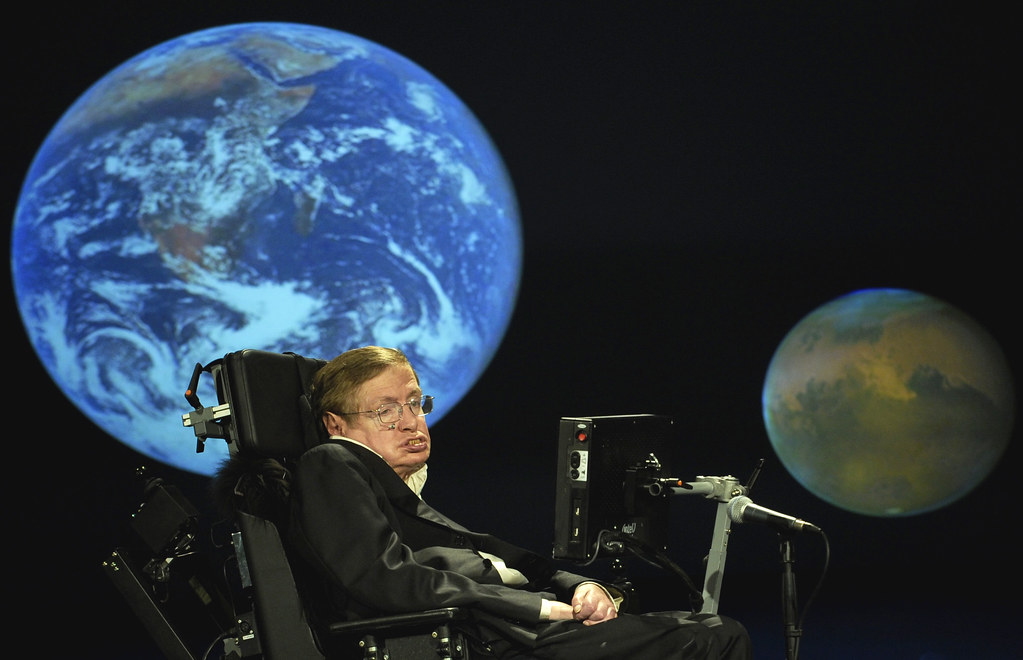
8. **Eddie Redmayne as Stephen Hawking, ‘The Theory of Everything’ (2014)** Stephen Hawking became a household name well after his motor neurone disease diagnosis, yet ‘The Theory of Everything’ takes us back to his foundational years. It’s a poignant exploration of his student days at Cambridge, chronicling the immense struggles and triumphs that would define his extraordinary life. The role demanded a radical, gradual physical transformation from Eddie Redmayne, a challenge he embraced with staggering commitment.
Redmayne dedicated six months to preparing for the part, a meticulous research process that shines through in every frame. As Hawking’s physical capabilities diminish, his ability to speak and control his muscles fading, Redmayne masterfully conveys his personality through the subtlest body language. Each mannerism is carefully calibrated, speaking volumes without words, a testament to his profound understanding of the physicist.
This isn’t merely a performance about intellectual brilliance; it’s about heart. Redmayne reminds us just how witty, charming, and resilient Hawking could be, even in the face of immense adversity. It’s this profound humanity and dedication that elevated his portrayal beyond mere imitation, deservedly earning him the coveted Oscar and cementing his place among the greats.

9. **Julia Roberts as Erin Brockovich, ‘Erin Brockovich’ (2000)** By the turn of the millennium, Julia Roberts was a superstar, but an Oscar had eluded her. That changed with her iconic portrayal of Erin Brockovich, the legal clerk who unexpectedly became a consumer advocate and an unlikely crusader for justice. This role finally granted Roberts entry into the exclusive Best Actress club, solidifying her status.
Director Steven Soderbergh masterfully utilized Roberts’ formidable movie star presence while simultaneously pushing her to strip away the glamor, revealing the raw, authentic person beneath. The result is a wonderfully satisfying piece of old-fashioned Hollywood melodrama, where Roberts’ stressed-out single mom yells, flirts, and doggedly exposes corporate malfeasance with an outsized, rough-edged brio that mirrors the actual Erin.
Brockovich, as depicted by Roberts, simply doesn’t care what others think. She speaks her mind, dresses precisely as she pleases, and fearlessly pursues what she believes is right. Yet, her fierce independence is balanced by a constant thoughtfulness towards others, whether it’s her own children or the strangers wronged by a careless corporation. Roberts commands the screen with an undeniable presence, much like the real Brockovich owned every room she entered.
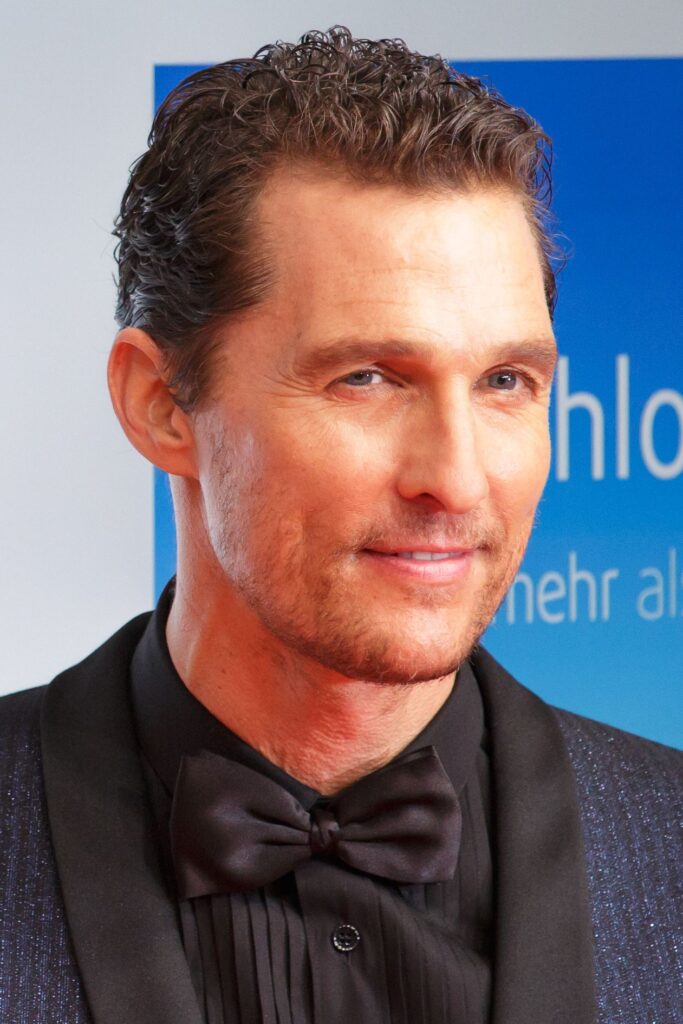
10. **Matthew McConaughey as Ron Woodroof, ‘Dallas Buyers Club’ (2013)** The phenomenon affectionately known as the ‘McConaissance’ reached its zenith in 2013, highlighted by Matthew McConaughey’s Oscar-winning turn as Ron Woodroof. While in many other roles McConaughey might sometimes feel like he’s playing a variation of himself, here he completely vanishes into the character, delivering a performance of profound transformation.
McConaughey embodies Woodroof as a lionhearted man, too stubborn and defiant to simply succumb to his AIDS diagnosis without a fight. Not only does he bravely challenge the grim odds given by his doctors, but he also daringly breaks every rule imaginable to distribute vital, unapproved drugs to other HIV patients. It’s a performance infused with an almost Robin Hood-esque quality, fighting against the system for those in need.
Despite Woodroof’s seemingly unbreakable spirit and sheer will to survive, McConaughey skillfully conveys the stark reality that his days are indeed numbered. The actor’s startling physical transformation, losing an astonishing 47 pounds for the role, was jarring, but it was his unwavering magnetism and deep dive into Woodroof’s essence that truly captivated audiences and stood out above all else.
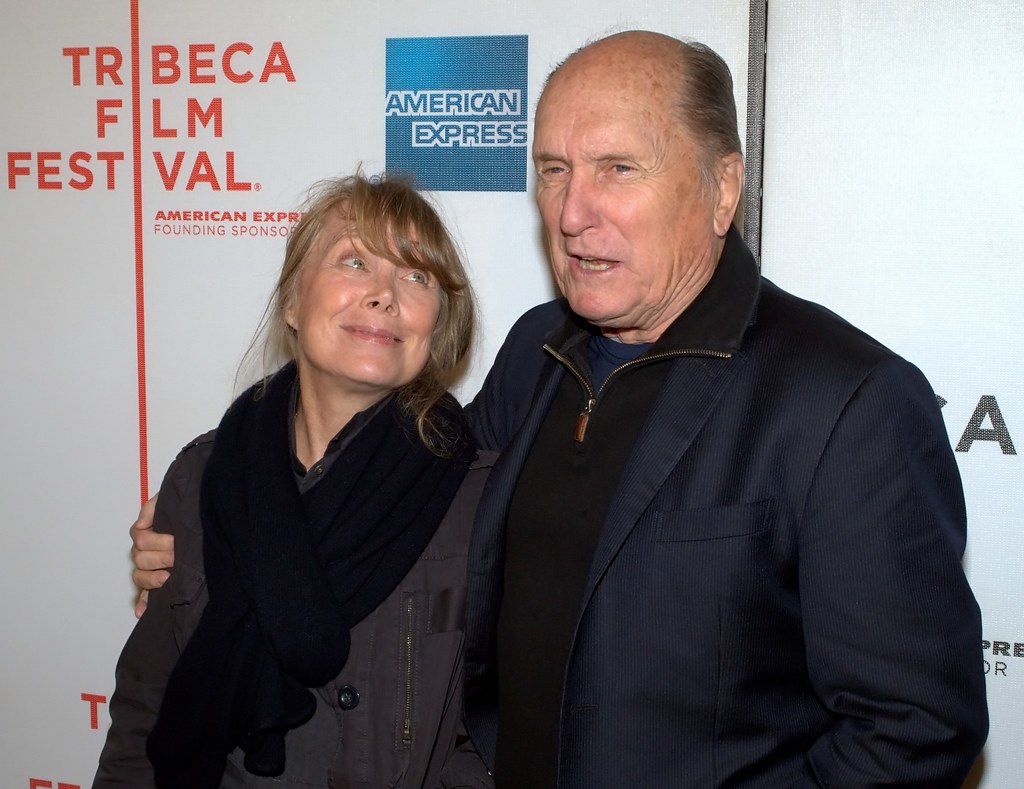
11. **Sissy Spacek as Loretta Lynn, ‘Coal Miner’s Daughter’ (1980)** This particular biopic stands out for the remarkable level of input from the real-life figure herself, country music legend Loretta Lynn. In a surprising twist, Lynn personally selected Sissy Spacek to portray her, a decision made simply by judging Spacek’s photograph, despite not being familiar with the actress’s previous work. Fortunately, Lynn’s instincts proved to be entirely spot-on, leading to a legendary performance.
Initially, Spacek harbored reservations about accepting such a monumental role, mirroring Lynn’s own early insecurities about performing. However, after Lynn, in her characteristic directness, jumped the gun and publicly announced Spacek had signed on, everything began to fall into place. The possibility of vocal dubbing was discussed, but Spacek, with tireless dedication, worked intimately with Lynn to perfectly nail her singing voice, distinctive accent, and guitar playing.
The outcome was an uncanny and deeply resonant portrayal of a woman who defied a difficult background to ascend to the status of the ‘Queen of Country Music.’ Spacek’s performance is a beautifully crafted portrait of sacrifice and resilience, transforming the typical ‘perils of fame’ narrative into a clear-eyed and heartfelt celebration of the fierce inner drive that propels a superstar.

12. **Nicole Kidman as Virginia Woolf, ‘The Hours’ (2002)** Nicole Kidman achieved a truly remarkable level of transformation as the English writer Virginia Woolf in ‘The Hours,’ so much so that she was almost unrecognizable. While many audiences often fixate on the prosthetic nose she wore for the role, anyone who has genuinely experienced the film understands that Kidman’s Best Actress Oscar was won for far more profound reasons.
Even setting aside the impressive makeup, Kidman’s performance is transformative in myriad ways, allowing her to truly become Virginia Woolf. She masterfully captures both the famed author’s intense intellectual passion and the profound, debilitating severe depression that plagued her. Kidman vividly portrays Woolf as a woman who, despite physically breathing and moving, feels as though she is constantly drowning within her own mind.
Through her deep and empathetic portrayal, Kidman unearths the immense fear and sorrow that Woolf endured, but crucially, she also highlights her undeniable brilliance. Woolf’s literary works have resonated deeply with generations, and similarly, Kidman’s powerful and intricate performance in ‘The Hours’ will undoubtedly be discussed and admired for years to come.
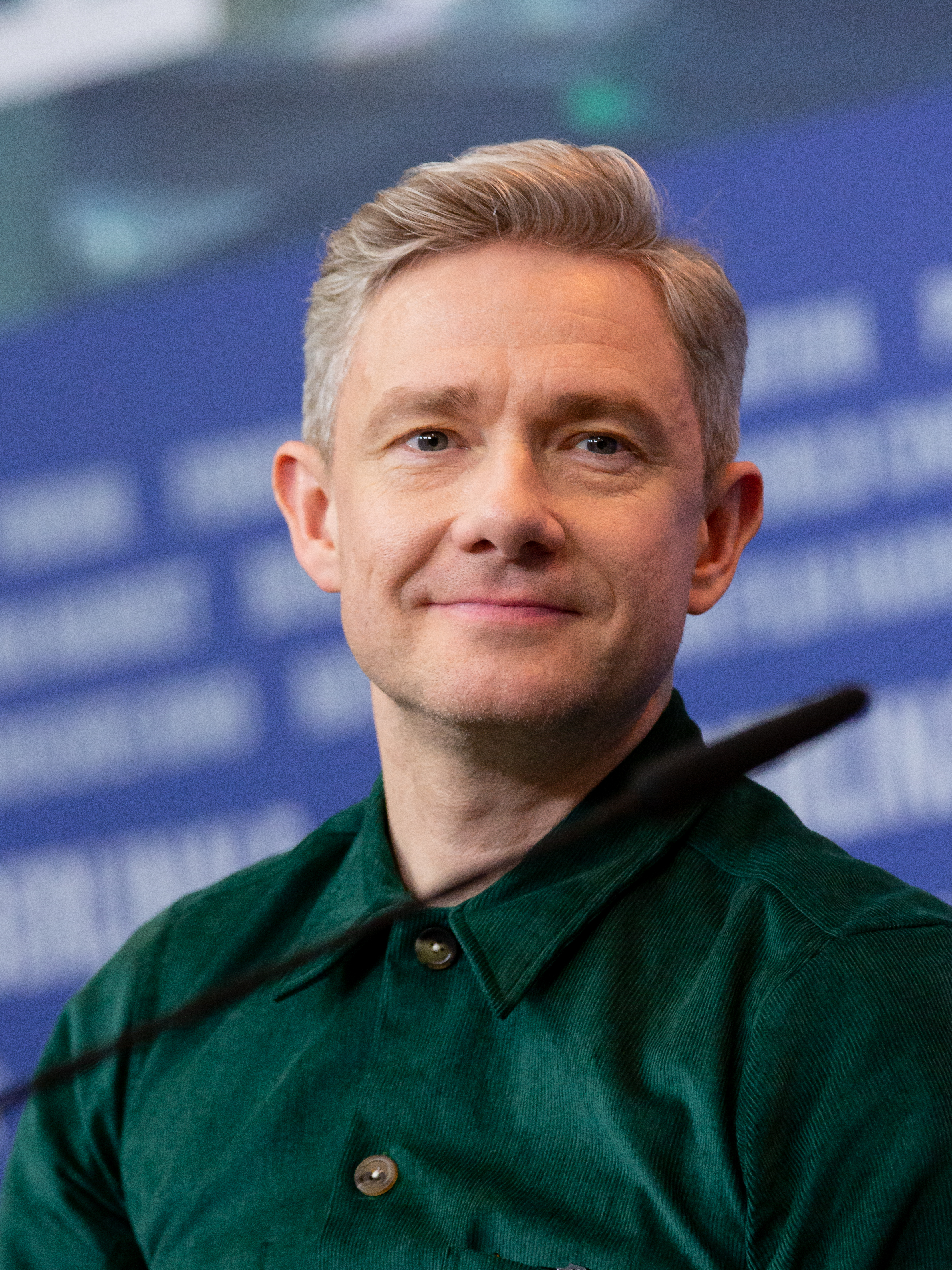
13. **Martin Landau as Bela Lugosi, ‘Ed Wood’ (1994)** There’s a delicious irony in the fact that Ed Wood, a filmmaker once notoriously dubbed ‘The Worst Director of All Time,’ inspired one of Tim Burton’s most celebrated achievements and, in turn, a Best Supporting Actor victory for Martin Landau. Landau’s turn as the iconic Dracula star, Bela Lugosi, is a masterclass in capturing a legendary, yet deeply flawed, figure.
While most people recognize the name Bela Lugosi, they undeniably know his most famous character: Count Dracula. Unfortunately, this iconic role became both a blessing and a curse, leading to Lugosi being heavily typecast, a professional struggle exacerbated by a debilitating history of drug addiction that further derailed his career. Landau brilliantly encapsulates this tragic arc.
Landau absolutely nails Lugosi’s distinctive old-world European accent and mannerisms, adding a layer of authenticity to the portrayal, even if the film takes some liberties with Lugosi’s propensity for profanity. Far from merely ‘chewing the scenery,’ Landau infuses the role with a deep pathos and a surprising amount of humor, capturing the tragic downfall and the underappreciated talents of this wholly unique individual. His performance ensures that Lugosi is remembered not just for his iconic monster, but for the complex man behind the fangs.
These performances, like all the others before them, are a testament to the extraordinary commitment and talent of actors who dare to peel back the layers of history and humanity. They remind us that sometimes, the most compelling stories are not invented, but lived, and the most unforgettable characters are those who once walked among us, brought back to life with breathtaking truth on the silver screen.

